
Berlin startup Made of Air has developed a bioplastic made from forest and farm waste that reduces carbon emissions and can be used for everything from furniture to building facades.
This recyclable material contains 90% carbon and stores approximately two tons of carbon dioxide equivalent (CO2e) fo...

At present, there are four main degradation principles of degradable plastics: biodegradation, photodegradation, photo-biodegradation, and water degradation.
It is generally believed that biodegradation mainly passes through two processes. First, the plastic is broken down into small pieces under n...
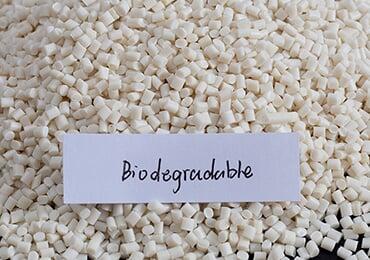
On October 7, Korea Samyang Corporation announced that it has begun mass production of biodegradable plastic "PBIAT" at its Jeonju plant. The PBIAT produced by Samyang Company is mainly used for the production of disposable bags, and the scope of application will be expanded to agricultura...

A carbon capture plant in Iceland began operations on the 8th. This is currently the world's largest plant that captures carbon directly from the air. The captured carbon dioxide is extracted and mixed with water, and finally pumped into the ground about 1,000 meters deep. It is expected to turn int...
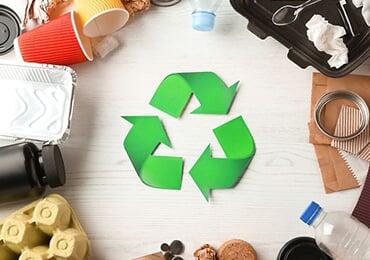
Did you know that Germany charges a deposit for plastic bottles used by the public?
In order to allow everyone to reduce discarded resources and recycle them efficiently and in large quantities, the German government has come up with a way to compulsorily recycle this plastic, which is to print...
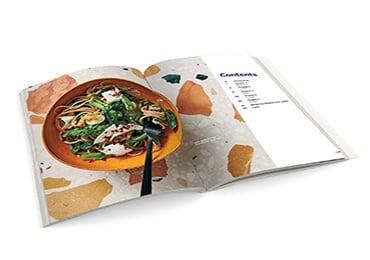
Degradable plastics are difficult to "degrade" (need to be degraded under specific conditions), which has always been the focus of controversy. There are also different opinions on the degradation performance of common degradable plastics such as PLA or PBAT under natural conditions.
The “p...
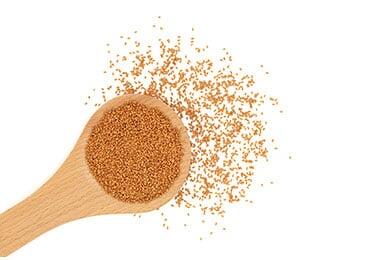
Yield10 Bioscience is an agricultural bioscience company based in Woburn, Massachusetts. The company’s chief scientific officer, Dr. Kristi Snell, recently presented a speech at the 2021 Synthetic Bioengineering, Evolution and Design (SEED) Conference held on June 18th. Snell described how researche...
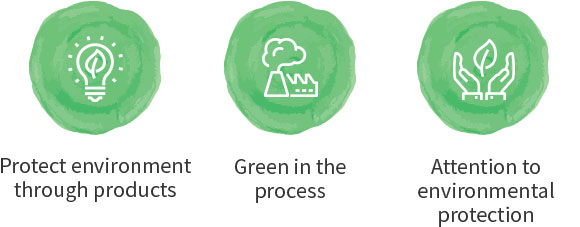
PLA (polylactic acid) is derived from bio-based renewable resources. After use, it can be degraded into carbon dioxide and water by composting. It has no pollution to the environment and is a kind of biodegradable plastic with great application prospects.
However, due to the slow crystallizatio...

On July 2, a researcher published a study in the journal Bioengineering and biotechnology frontier. Researchers found that the microorganisms in the cow cavity can not only degrade PET, but also two other plastics----Polybutylene adipate terephthalate (PBAT) for compostable plastic bags and pol...

Environmentally Friendly Houses! Use Waste Plastics as Building Materials
Can we wait for it? When can we use recycled waste plastic to build more green and beautiful houses? Let piles of marine garbage, like magic, go through screening, cleaning, crushing, mixing, and then the melted materials are p...